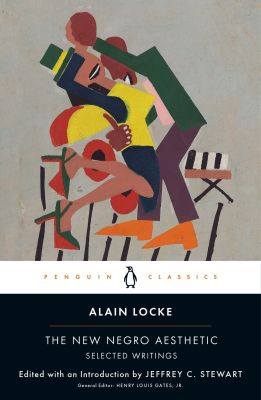Philosopher Alain Locke wrestled with the idea of the Negro as America's most vexing problem. He considered the new crop of poets, novelists, and short story writers who, in 1924, wrote about their experiences as Black people in America. He did not want to frame Harlem and Black writing as another protest against racism, nor did he want to focus on Harlem as a site of crime, poverty, and dysfunction. He wanted to find new language and a new way for Black people. The essays and articles collected in this volume, by Locke's Pulitzer Prize-winning biographer, are the result of that new attitude.

